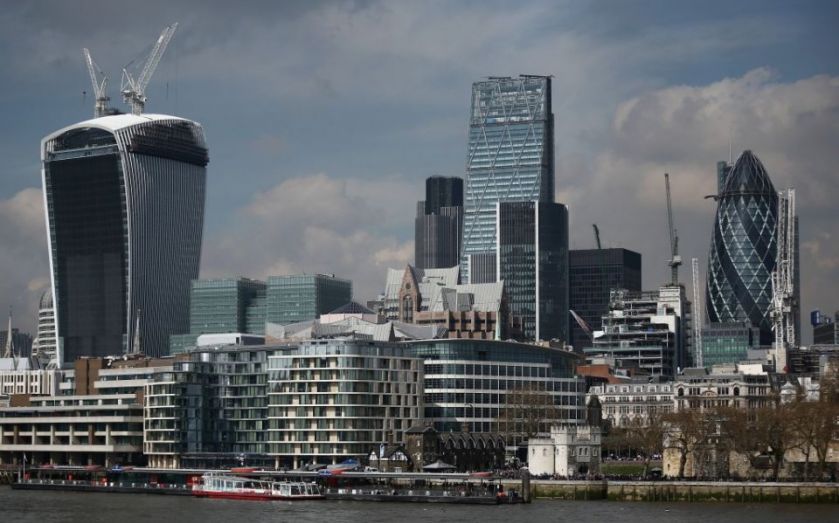The City is not safe in the EU – and the situation is only set to get worse

Self-delusion seems to be spreading. First the CityUK’s Chris Cummings, in an article in last Tuesday’s City A.M., appeals for the City of London to lead EU reform. Next, Labour’s Douglas Alexander takes up the call in Monday’s Evening Standard. “It has”, he informs us, “been Britain’s stated policy objective for the past 30 years to heavily influence decisions on EU financial regulation.”
Right. Good. So why has Europe Economics, in a report for Business for Britain, found that the UK would not have introduced half of all major EU financial laws if we had been outside the European Union? Why has one UK government legal challenge to these laws after another been rejected by the European Court of Justice? Why has the EU introduced 4,751 laws that affect British businesses since 2010, when even Peter Mandelson, former EU trade commissioner, admitted in 2004 that regulation cost 4 per cent of EU GDP?
The answer is that Alexander’s party, in its 13 years of power, gave up all the influence that we could have used to secure meaningful reform of the EU. Enlargement has seen our percentage of seats in the European Parliament drop from 20 per cent in 1979 to only 9.5 per cent today. Our voting power in the Council of Ministers has decreased from 17 per cent to 12 per cent. The Lisbon Treaty, ratified despite the opposition of the entire Conservative Party, has promoted the thoroughly undemocratic principle of “enhanced cooperation”. In 2009, I warned the Labour government in several letters published by the Financial Times, and in Parliament as well, of the dangers of the De Larosière proposals for EU control of banking and financial services, which were then implemented.
As the German economist Roland Vaubel made clear in a speech in 2010, the damage to the City of London is far from accidental: “Under qualified majority voting, the majority of highly regulated countries (say, France) have an incentive and the power to impose their high level of regulation on the minority of more market-orientated countries (say, the UK)…” Under the new vote weightings that came into force in November 2014, Germany, France and two smaller countries have sufficient weight to block any EU legislation. Once the number of non-Eurozone countries falls below four – something which could happen as early as 2020 – the UK will lose what little protection it still has in a two-tier Europe against having laws forced upon it by the Eurozone, already dominated by Germany.
To believe that the EU can be reformed in Britain’s interests is to ignore the aggressive manner in which other European nations have used EU legislation to benefit their own industries at the UK’s expense. Take the example of Sir James Dyson, once one of the EU’s most committed supporters. He complained to The Times on Saturday that the Germans are responsible for “rigging” standard tests to benefit their own – inferior – vacuum cleaners. The result of all this is that, although over 40 per cent of our trade is with Europe, our deficit in goods and services with the 27 other member states is £56bn, whereas the German surplus with the same countries is £51.8bn.
Matters are stacked against us as they stand. They are only going to get worse with time. The EU has been set on a path diametrically opposed to British interests for too long to change course now. The future for the City looks bleak. We need a complete restructuring of the architecture of Europe, and a return to real democracy. As David Cameron said in his Bloomberg speech, “It is national parliaments, which are, and will remain, the true source of real democratic legitimacy and accountability in the EU.” The UK Parliament must insist on this.